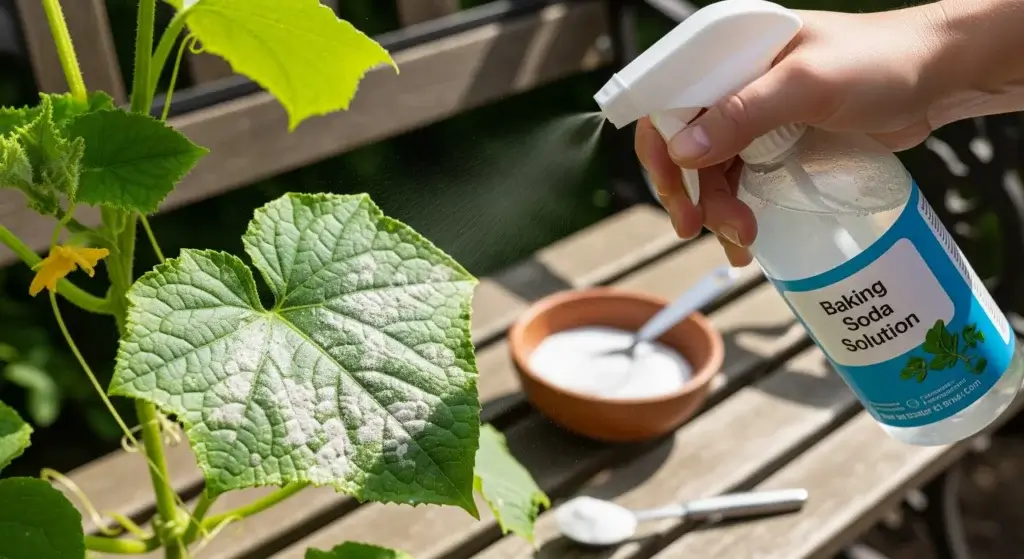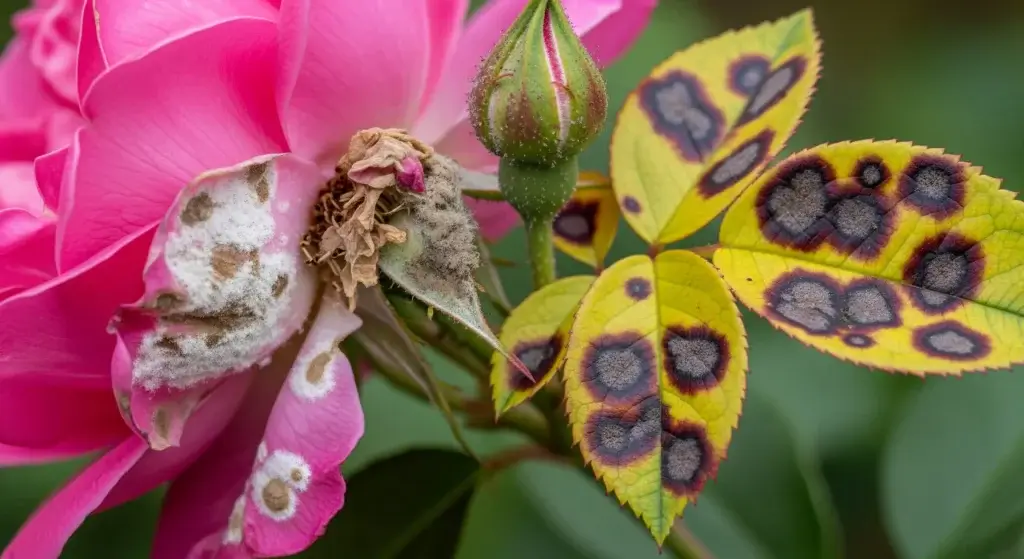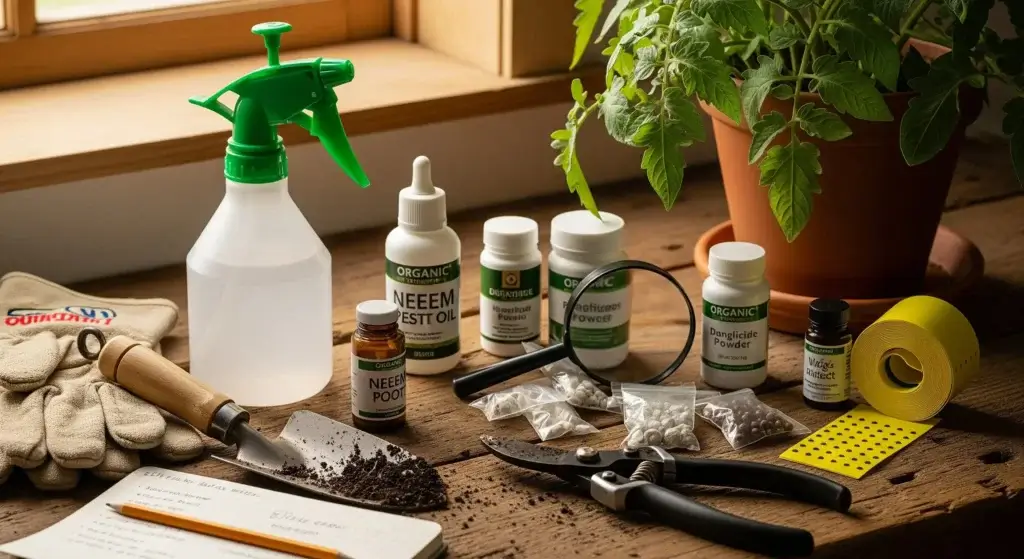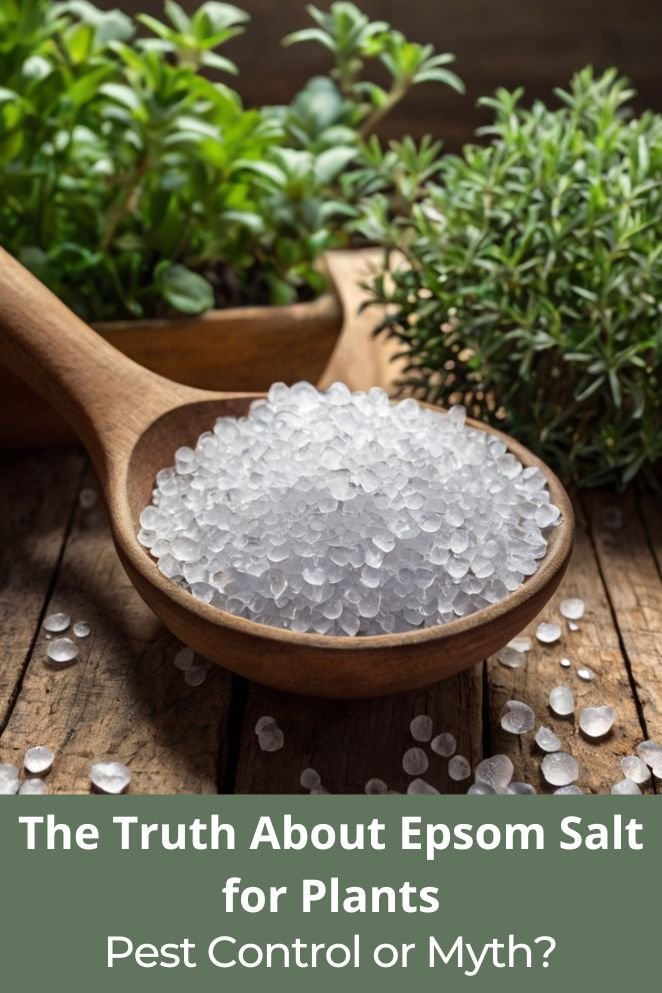
Epsom salt—aka magnesium sulfate—has been the gardening world’s “miracle worker” for ages.
People swear it boosts leafy greens and even keeps pests at bay.
But how much of this is legit, and how much is just garden gossip?
Let’s dig into the science behind Epsom salt and find out if it really lives up to the hype or if it’s just another plant-parenting myth.
Understanding Epsom Salt and Its Role in Plant Health
Epsom salt is basically magnesium and sulfur teamed up—two key players your plants need.
Magnesium helps your greens soak up sunlight like champs during photosynthesis, and sulfur is busy building proteins to keep things growing strong.
But heads up: don’t just sprinkle it everywhere like fairy dust.
Test your soil first, or you might accidentally throw your garden’s nutrient balance out of whack.
Think of it like seasoning—too much salt ruins the dish!
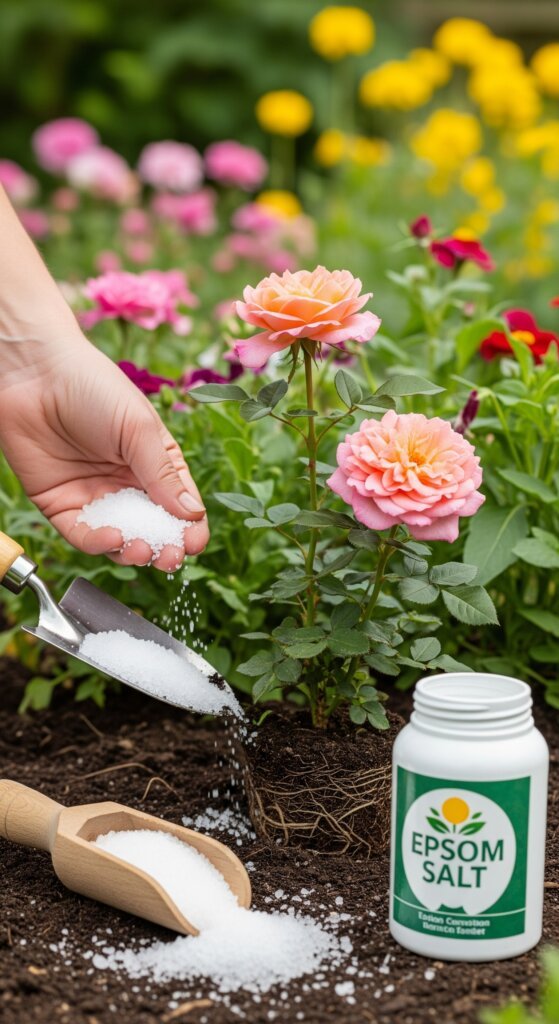
Epsom Salt as a Pest Control Agent: What Does the Science Say?
Epsom salt has a bit of a reputation among gardeners as a slug and bug repellent—some folks swear by sprinkling it around plants or mixing it into sprays.
But here’s the tea: science isn’t buying it.
Research from Washington State University shows Epsom salt doesn’t faze pests like armyworms or beetles.
Plus, the University of Minnesota Extension points out that dumping too much magnesium can mess with your plants’ calcium intake, which is a no-go for healthy growth.
So, before you go tossing it like magic dust, remember—it’s not a bug zapper, just a nutrient helper (when used right).
Potential Risks of Overusing Epsom Salt
Epsom salt sounds like a magic fix, but using too much can actually mess things up for your plants and the environment.
Here’s the lowdown:
Nutrient imbalance
Magnesium is great, but too much of a good thing can throw off your garden’s nutrient balance.
When your soil is overloaded with magnesium from Epsom salt, it can block calcium from doing its job.
Calcium’s like the backbone for strong cell walls in plants—without enough, your veggies might turn out weak or spotty, kind of like trying to build a Lego castle with missing bricks.
Soil and water contamination:
Dumping excess Epsom salt doesn’t just stay in your garden—it can leach into the groundwater and nearby streams.
Think of it like sending a text to your plants but accidentally broadcasting it to the whole neighborhood.
This can mess with aquatic life and soil health, turning your garden into an unintentional pollution hotspot.
Plant damage
Spraying Epsom salt directly on leaves might sound smart, but it can backfire.
The salt can cause leaf scorch, especially for plants that are sensitive or stressed.
It’s like giving your plants a sunburn—they won’t be happy, and their growth can slow down.
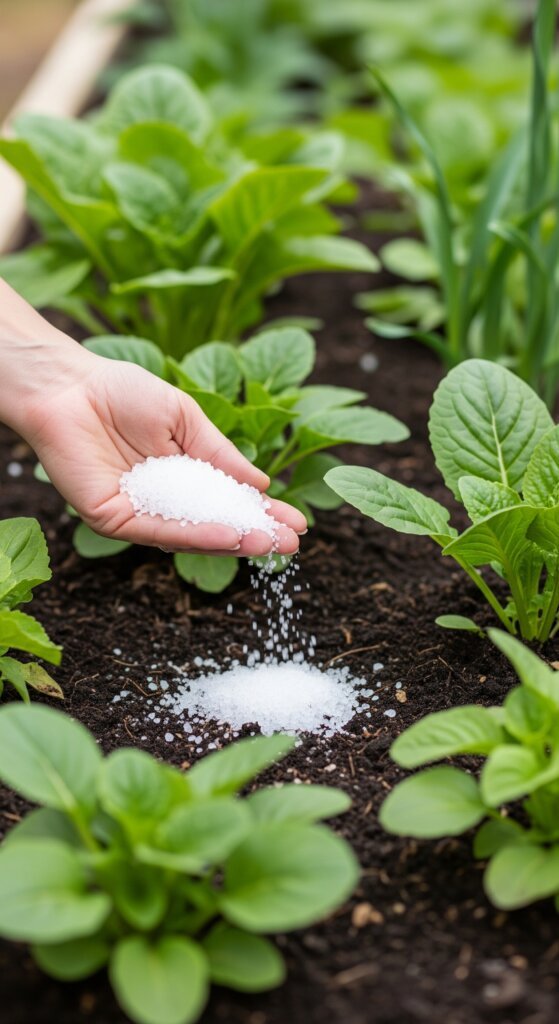
Effective Alternatives for Natural Pest Control
If you’re thinking Epsom salt will be your pest-fighting superhero, think again.
Instead, check out these natural pest control MVPs that actually deliver:
Insecticidal soaps
These are like the gentle but effective bouncers for your garden—targeting soft-bodied pests like aphids and mites without hurting your plants.
They break down the bugs’ protective outer layer, making them easy pickings, but leave your green friends untouched.
Plus, they rinse off with water, so no long-term drama.
Neem oil
Neem oil is basically the Swiss Army knife of natural pesticides.
Extracted from the neem tree, it messes with pests’ feeding and breeding habits across a wide range—from whiteflies to beetles.
Bonus: It’s safe for pollinators like bees, so your garden party stays buzzing and balanced.
Companion planting
This is old-school garden wizardry: plant the right herbs and flowers next to your veggies, and watch pests take the hint.
Marigolds, basil, and nasturtiums act like natural repellents, confusing or outright scaring off bugs.
It’s like planting your own pest bouncers who work for free.
Physical barriers
Sometimes the best defense is just a good fence—or in this case, row covers and netting.
These shields keep insects from even getting close to your precious plants.
Think of it as your garden’s own VIP section, keeping uninvited guests out without any chemicals involved.
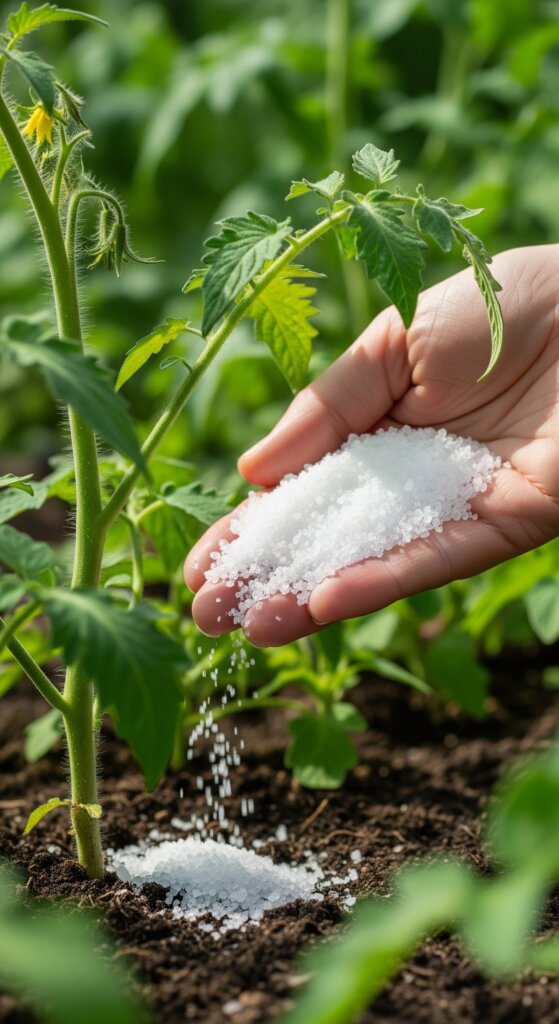
Conclusion: Epsom Salt—Not a One-Size-Fits-All Solution
Epsom salt can definitely help if your garden is low on magnesium—but it’s not the magic fix-all for pests or plant health.
Using it without checking your soil first is like trying to fix a headache with a hammer—more likely to cause trouble than help.
For a thriving, happy garden, stick to what the science says and tailor your care to what your plants really need.
Think of it like a custom playlist for your garden’s unique vibe—one size definitely doesn’t fit all!

